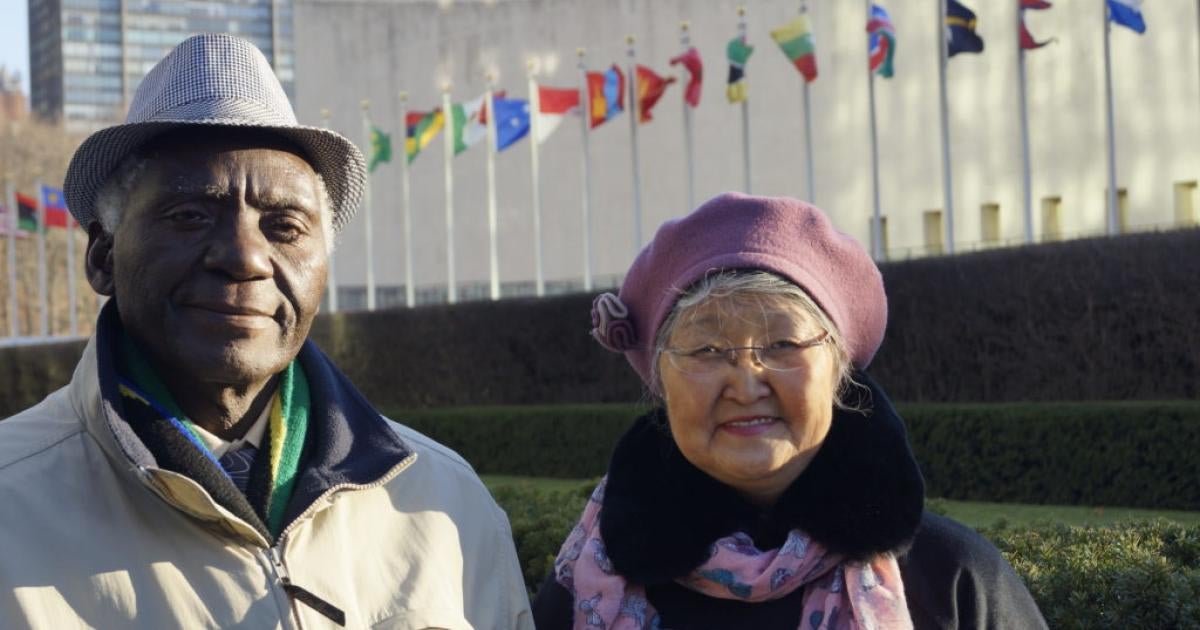In a historic decision last week, a longstanding United Nations body recognized that the international human rights system doesn’t fully protect older people’s rights, and it recommended a new human rights treaty to help correct this. Chaired by Argentina and following negotiations facilitated by Brazil and Portugal, the UN Open-ended Working Group on Ageing reached this decision by consensus.
Among its recommendations, the working group suggested countries pay more attention to older people in reporting on their implementation of existing international human rights treaties. The working group was set up in 2010 to identify and recommend ways to address protection gaps for older people in international human rights law.
One such gap is that no international human rights treaty explicitly prohibits violence, abuse, torture and ill-treatment, and neglect toward older people. Actions or treatment deemed unacceptable or even unlawful for younger people might be treated as acceptable for older people. In the absence of international standards providing clear guidance, states’ domestic laws often fail to adequately protect older people from mistreatment.
For example, in aged care facilities in Australia, Human Rights Watch has documented the widespread use of chemical restraints, which is the use of medications to control behavior without a therapeutic purpose. It is a form of violence and abuse against older people and may amount to torture or ill-treatment.
Although Australia told the working group that its new Aged Care Act will address the rights of older people, the draft legislation fails to ban the use of chemical restraint and instead specifically allows it.
The working group’s decision paves the way for the UN Human Rights Council to discuss the content of a new convention on the rights of older people. Given the severity of harms experienced by older people, governments should move swiftly to act on this recommendation.
A new convention would have a unique and significant impact on older people’s rights. It would increase understanding of how rights apply in older age, including freedom from violence, abuse, and neglect; set international standards and encourage the adoption of national laws that comply with them; and provide a framework, symbolically and substantively, for a world free from ageism and age discrimination.



